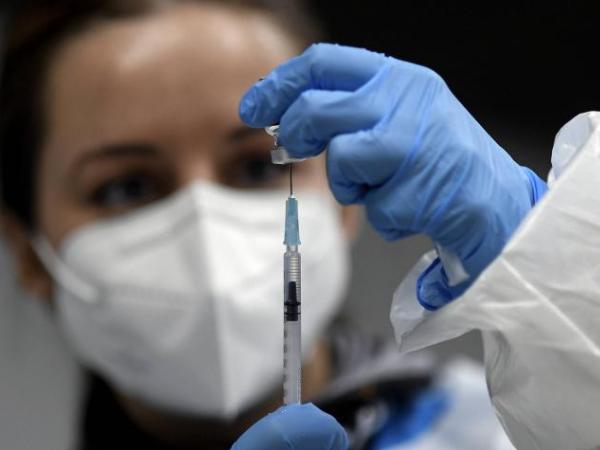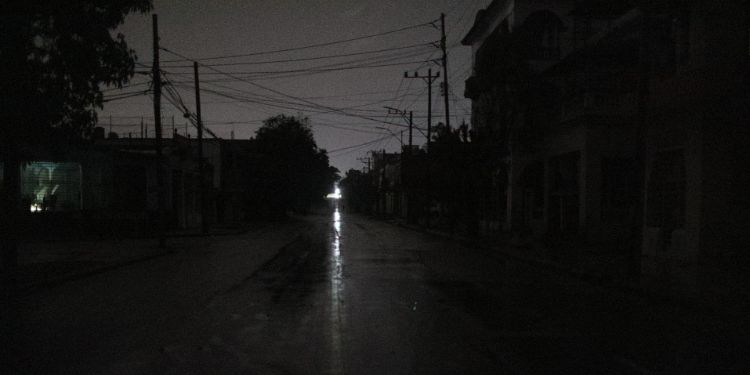The coronavirus pandemic has brought different challenging situations for the economies of the world and the country. Despite the security measures that nations have taken to strengthen and protect their territories, There is still work to be done to declare the covid 19 pandemic over.
(What did Colombians die of in the second quarter?).
According to the United Nations Organization (UN), the pandemic “is not over yet”, as the virus continues to cause significant loss of life and livelihoods, “thus hampering the recovery of the world economy”.
In the framework of the high-level debate of the United Nations General Assembly, the director general of the World Health Organization (WHO), Tedros Adhamnon, stated that the world is in a better position to end covid 19 as a global health emergency. “The number of reported weekly deaths is approaching the lowest since the pandemic began and two-thirds of the world’s population are vaccinated, including 75% of health workers and the elderly,” he stressed.
The WHO director evaluated the objectives in terms of vaccination, diagnosis and treatment against covid 19. Adhamnon assured to identify the priority areas to “accelerate equitable access to these treatments and mobilize political support.”
Given the above, both the WHO and the UN spoke about the progress and challenges in terms of plans to be able to end the pandemic that has lasted for almost three years in the world.
(Reasons of the OECD to cut to 2.2% the global GDP of 2023).
The tools
According to the WHO director, in low-income countries only 19% of the population is vaccinated, while there is a contrast with 75% immunization in higher-income nations.
The UN Secretary General, António Guterres, stated that low- and middle-income nations were the ones that received the greatest impact, given the “lack of preparation in health systems in the face of the emergence of the emergency.”
The organizations assure that the world has solutions to end the pandemic, however, they emphasize that the coronavirus will not go away, but rather nations will be able to transition to control it. “However, we will only succeed if we vaccinate all health workers and older people, maintain testing and expand access to effective antivirals,” said the head of the WHO.
Guterres referred to the importance and urgency of providing booster doses, stating that immunization coverage remains low worldwide, however, he emphasized the situation in low-income countries, where only 35% of health workers and 31% of the elderly are vaccinated and have received boosters.
On the other hand, according to PAHO’s Health in the Americas publication, the impact of covid on the region’s inhabitants, estimates that “life expectancy in Latin America and the Caribbean fell 2.9 yearsgoing from 75.1 years in 2019 to 72.2 in 2021″.
For Sebastián García Saiso, Director of PAHO’s Department of Evidence and Intelligence for Action in Health, “the drop in life expectancy can be reversed to the extent that countries advance with vaccination against covid 19, strengthen their health services to provide care for all, and reduce inequities that affect health”.
(The scandalous theft of funds to feed children during covid).
Likewise, it points out that “the region concentrated 37% of the total cases and 45% of the total deaths globally. Although North America recorded 55% of all cases in the region, 62% of all deaths occurred in Latin America and the Caribbean.
Diana K. Rodriguez T.
BRIEFCASE


















